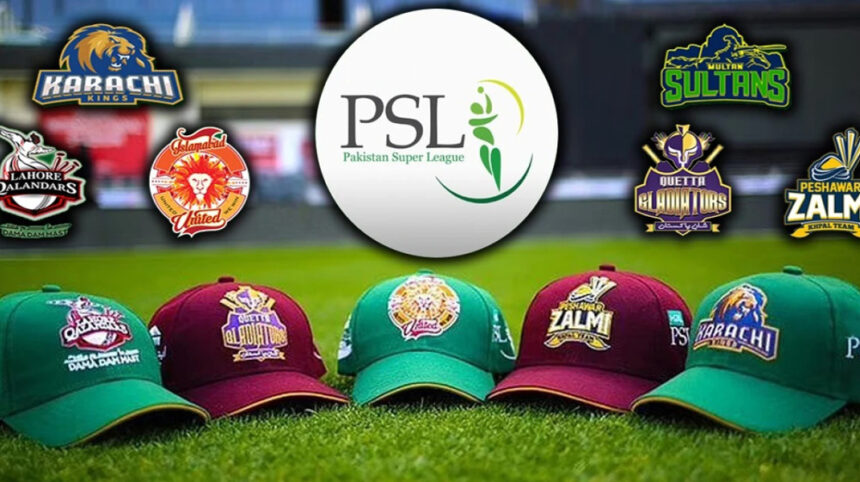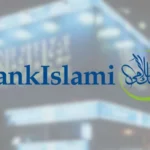According to a recent investigation, the Pakistan Super League (PSL) and four of its six franchises—Lahore, Multan, Quetta, and Karachi—are supported by foreign gambling firms that falsely present themselves as “news” and “sports” websites. According to the study, the primary sponsor of the PSL, “Dafa News,” is connected to the gambling network “Dafa Bet,” which is ultimately controlled by a business with headquarters in Malta but conducts most of its business out of the Philippines and is run by a Canadian citizen of Hong Kong descent.
The study also discloses that MCW Sports and bj Sports, both of which are ultimately owned by a holding company in Curaçao, are jointly sponsoring Quetta Gladiators. Similar to how Melbat, which is ultimately owned by a Curaçao corporation connected to BVI and Russian backers, sponsors Lahore Qalandars.
🧵Open Source Investigation:
Over the past couple of days, I carried out a deep dive into the report titled 'PSL, online gambling and a pyramid scheme' by @MutaherKhan and @UderaniNatasha for @datadarbar_io [27 Feb 2023]
Link: https://t.co/NyafbE0oFf pic.twitter.com/S45Zh1Gmy3
— Zaki Khalid (@misterzedpk) March 7, 2023
The sponsor of Multan Sultans is “Wolf777 News” (Wolf777), which is ultimately owned by a Curaçao corporation with a UK associate organisation run by a Nepalese woman. Last but not least, “1xBat Sports Lines” (1xBet), which had its origins in Russia, Curaçao, and Cyprus before some of its influential Russian owners were placed on a corruption blacklist, is the sponsor of Karachi Kings. presently functioning out of Nigeria with a government licence and a board member from a Cypriot firm.
The investigation emphasises that nearly all gambling businesses supporting the PSL and four franchises are based in Curaçao and connected to various Cyprus organisations. Also, the ICIJ’s Offshore Leaks database lists some of their designated shareholders (front individuals).
The study mentions that these gaming businesses have adopted “surrogate advertising” and made minor name modifications. But it seems unlikely that Pakistan’s relevant authorities were unaware of their history. According to the research, there is a good chance that insiders in domestic authorities are helping to assist these gaming enterprises.
Investigations focused only on particular organisations that were directly or indirectly connected to PSL and its four franchises through a middle channel. Each gambling organisation has a number of interconnected betting websites that are hidden under several brand names. The information is sufficient to create a news story or conduct additional investigations, despite the fact that it is too much for one person to gather.
The paper shows how these four PSL franchises and the state’s reputation have been successfully harmed by overseas gambling companies. Furthermore, they unintentionally draw Pakistani viewers to betting websites. The report’s findings highlight the need for the relevant authorities to take the appropriate steps to address the issue of foreign gambling businesses’ engagement in Pakistani sports.







